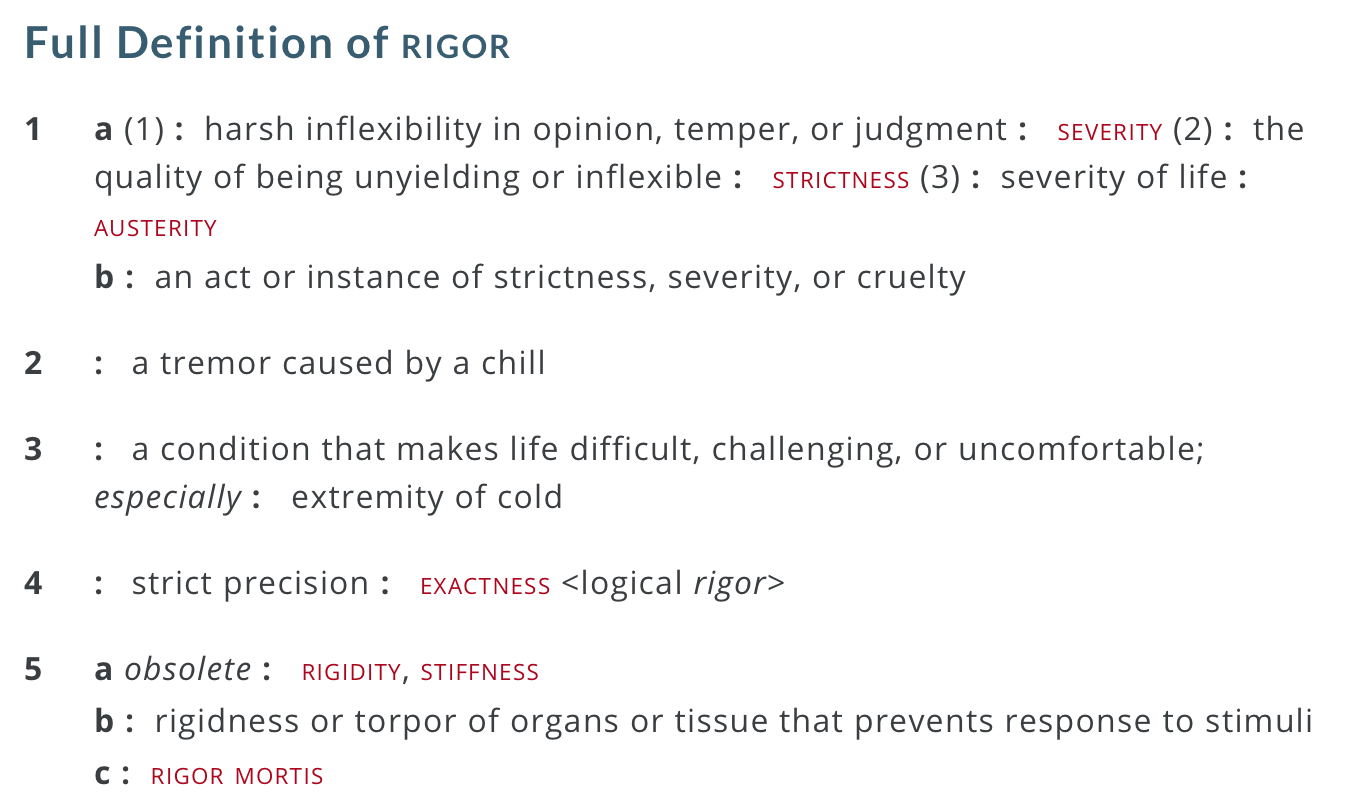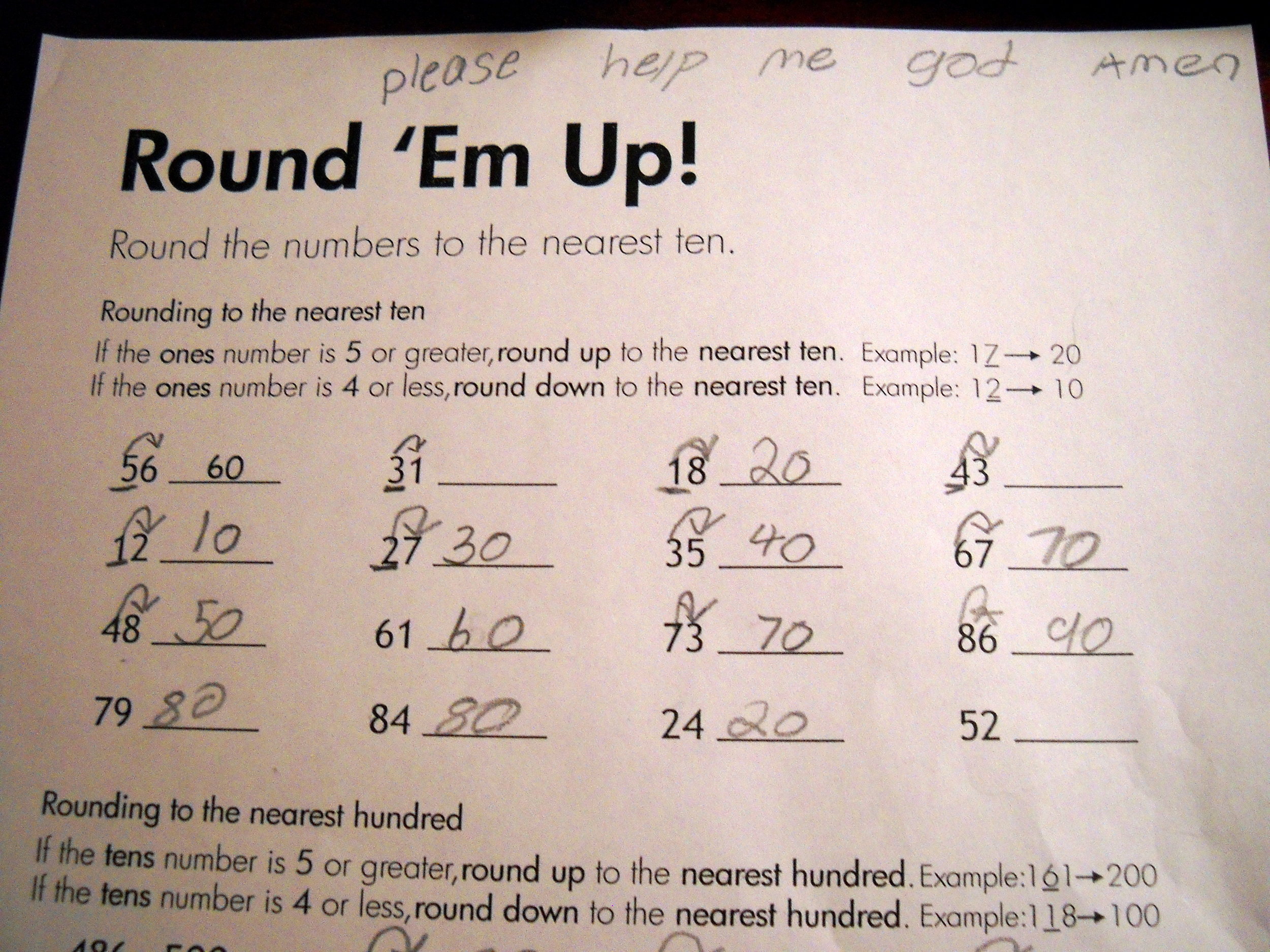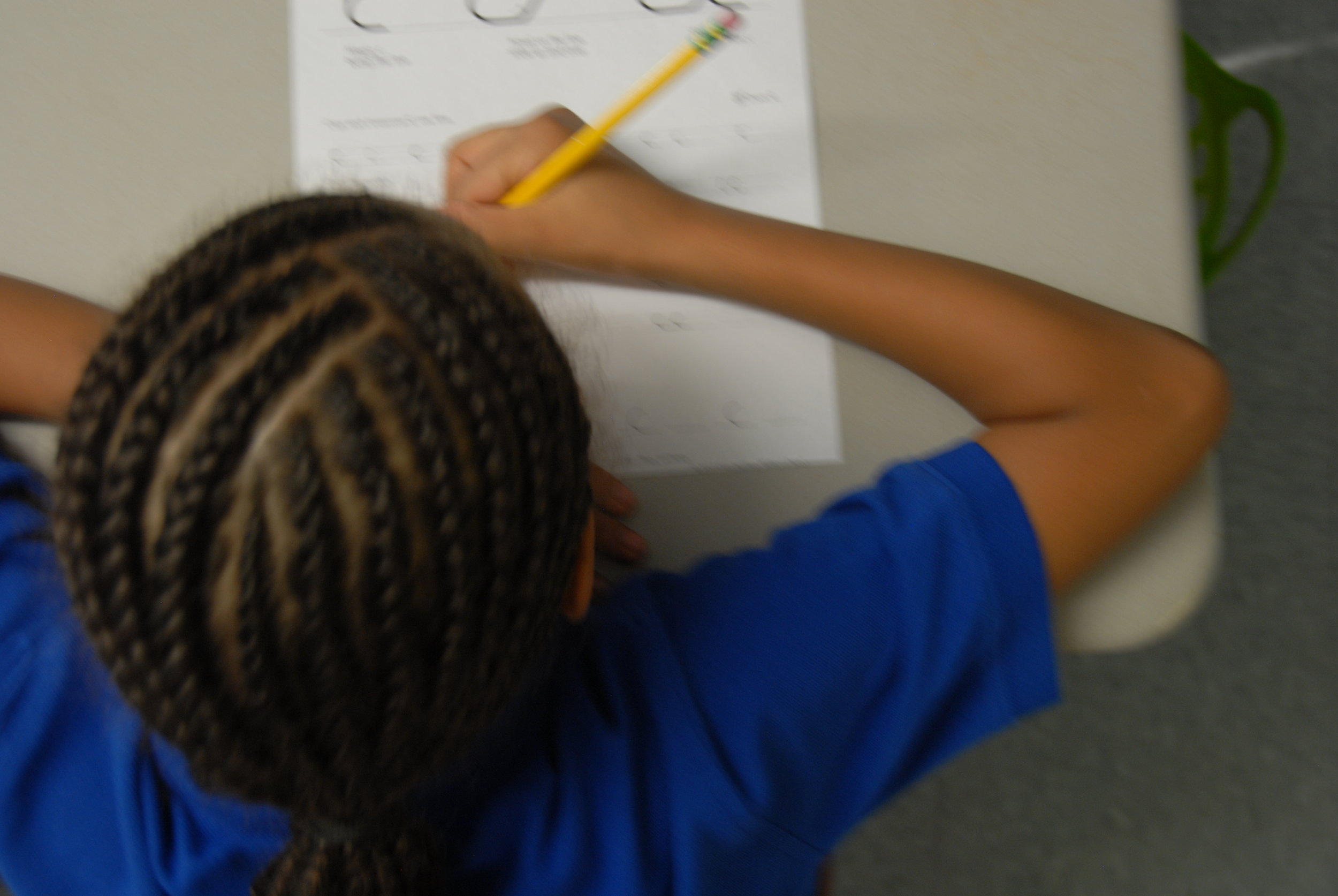Rigor is not what you think it is
An English vocabulary word tossed around education today is "rigor". As the Common Core standards became de rigueur, teachers were told to teach with rigor. We've been encouraged to raise our expectations of our students by raising the "rigor".
"Rigor." Merriam-Webster.com. Merriam-Webster, n.d. Web. 25 July 2016.
I'm not sure edu-experts know exactly what rigor is. Harsh inflexibility, strict precision, rigidity, severity? These words are not what I would want to guide my own child's education, and they are certainly not something I feel comfortable aspiring to as an educator.If the standards call for inflexibility then how can we, as educators, say we meet our students where they are and move forward? Some child is getting left behind.What would I want? I would want a standard that allows me to differentiate for students who are challenged linguistically, intellectually, and experientially. I would like those same standards to be appropriate to the development of a child. Perhaps in place of teaching for rigor, we should aspire to teaching for responsiveness to how our children learn? Or flexibility of thought? Or inclusiveness?How about trusting the professional judgement of educators and allowing teachers who know their students best determine how and when to push children up to and beyond what is expected?

